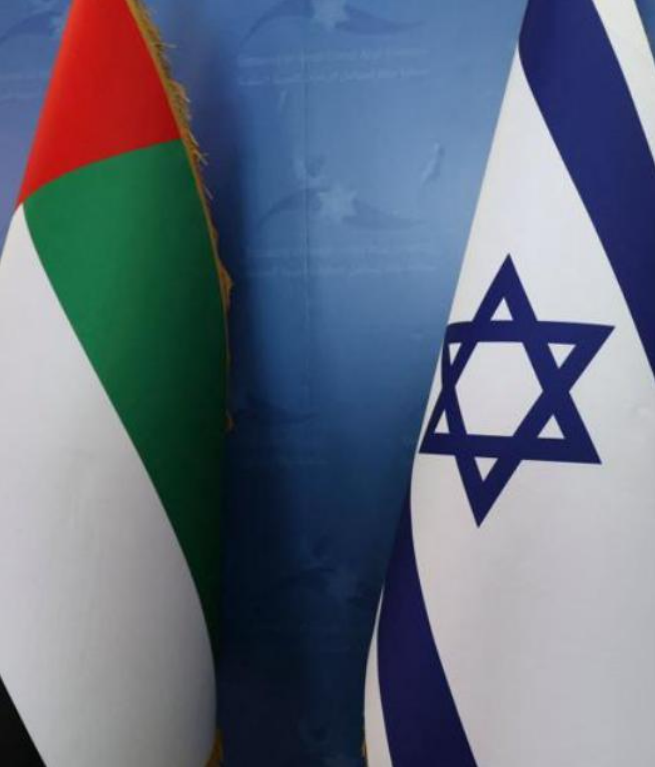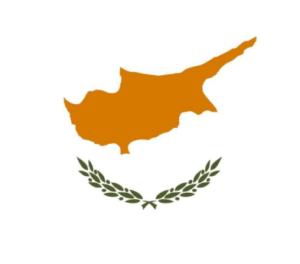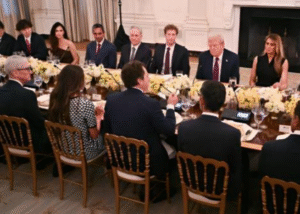UAE Draws a Diplomatic Red Line
The United Arab Emirates (UAE) has issued its strongest warning yet against Israel’s settlement and annexation plans in the occupied West Bank, calling such actions a “red line” that threatens the very foundation of the Abraham Accords. The statement marks a significant moment in Middle Eastern diplomacy, underscoring the UAE’s dual role as a partner in normalization efforts and a defender of Palestinian rights.
Assistant Minister for Political Affairs Lana Nusseibeh emphasized that annexation efforts by Israel in the West Bank would cross a threshold that the UAE cannot accept. According to her remarks, such actions would undermine the credibility of the Abraham Accords, which were signed in 2020 to normalize relations between Israel and several Arab nations, including the UAE.
The accords were hailed as a groundbreaking shift in regional politics, promoting trade, tourism, and security cooperation. However, the UAE has repeatedly made clear that these benefits are contingent on Israel respecting international law and refraining from moves that further inflame the Israeli–Palestinian conflict.
Implications for the Abraham Accords
The Abraham Accords were designed not only to improve bilateral ties but also to foster stability and economic integration across the Middle East. Since their signing, the UAE and Israel have launched joint business ventures, expanded air travel routes, and increased collaboration in technology, renewable energy, and defense.
Yet, the UAE’s latest warning reveals the fragility of the accords when confronted with the issue of Palestinian statehood. Analysts suggest that a unilateral annexation by Israel could derail years of progress and trigger a diplomatic freeze between Abu Dhabi and Tel Aviv. It may also discourage other Arab states from expanding their ties with Israel under the same framework.
Regional and International Repercussions
The UAE’s firm position signals a broader concern across the Arab world. Other regional players, including Jordan and Egypt, have also voiced opposition to Israeli settlement expansion, warning that it could destabilize the already fragile West Bank and provoke unrest.
Internationally, the United States and European Union are closely monitoring the situation. Washington, which played a key role in brokering the Abraham Accords, faces pressure to prevent a breakdown in relations between Israel and its new Arab partners. European diplomats have also stressed that annexation would be a violation of international law and could invite sanctions or other forms of diplomatic backlash.
Balancing Normalization and Solidarity
For the UAE, maintaining a balance between its normalization policy and solidarity with the Palestinian cause is a delicate act. On one hand, the country seeks to expand its role as a regional economic hub and diplomatic powerbroker, using ties with Israel to gain access to cutting-edge technology and security cooperation. On the other, it must maintain credibility in the Arab and Muslim world, where support for Palestinian statehood remains a deeply rooted priority.
Nusseibeh’s remarks reflect this balance: the UAE is willing to engage with Israel but will not ignore actions that undermine peace and stability. By drawing a clear red line, the UAE sends a message to both domestic and regional audiences that normalization does not mean abandoning the Palestinian cause.
A Potential Turning Point in Middle East Diplomacy
The coming weeks may determine whether Israel adjusts its policies or moves forward with its annexation agenda. If Israel presses ahead, the UAE could recalibrate its diplomatic and economic ties, slowing down or even suspending some areas of cooperation. Such a move would not only strain bilateral relations but also weaken the broader momentum of the Abraham Accords.
For the region, this development highlights the persistent centrality of the Palestinian issue. Despite recent breakthroughs in normalization, no lasting peace or integration is possible without addressing Palestinian aspirations for statehood.
Conclusion
The UAE’s latest warning against Israeli annexation plans in the West Bank underscores the fragile balance at the heart of the Abraham Accords. While the agreements have brought significant progress in trade, technology, and diplomacy, they remain vulnerable to the unresolved Israeli–Palestinian conflict.
By declaring annexation a “red line,” the UAE is asserting both its commitment to regional stability and its unwavering support for Palestinian rights. The message is clear: true peace and prosperity in the Middle East cannot come at the expense of justice and statehood for Palestinians.









